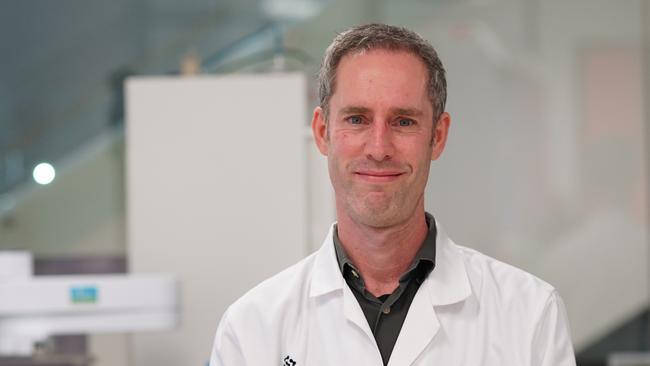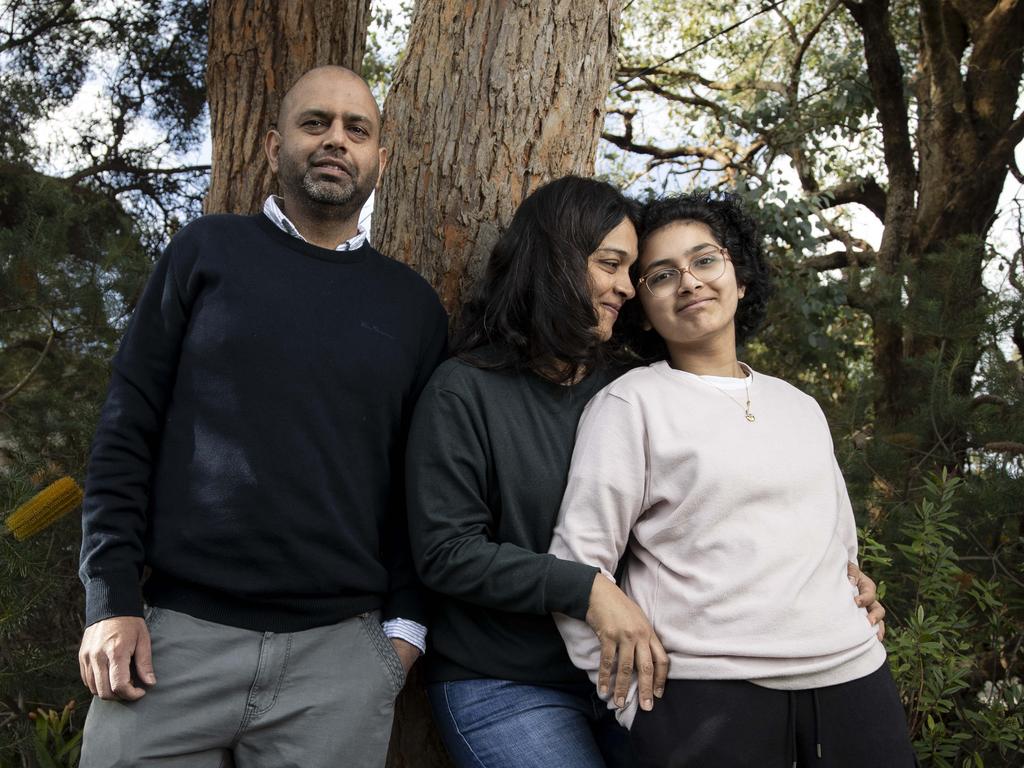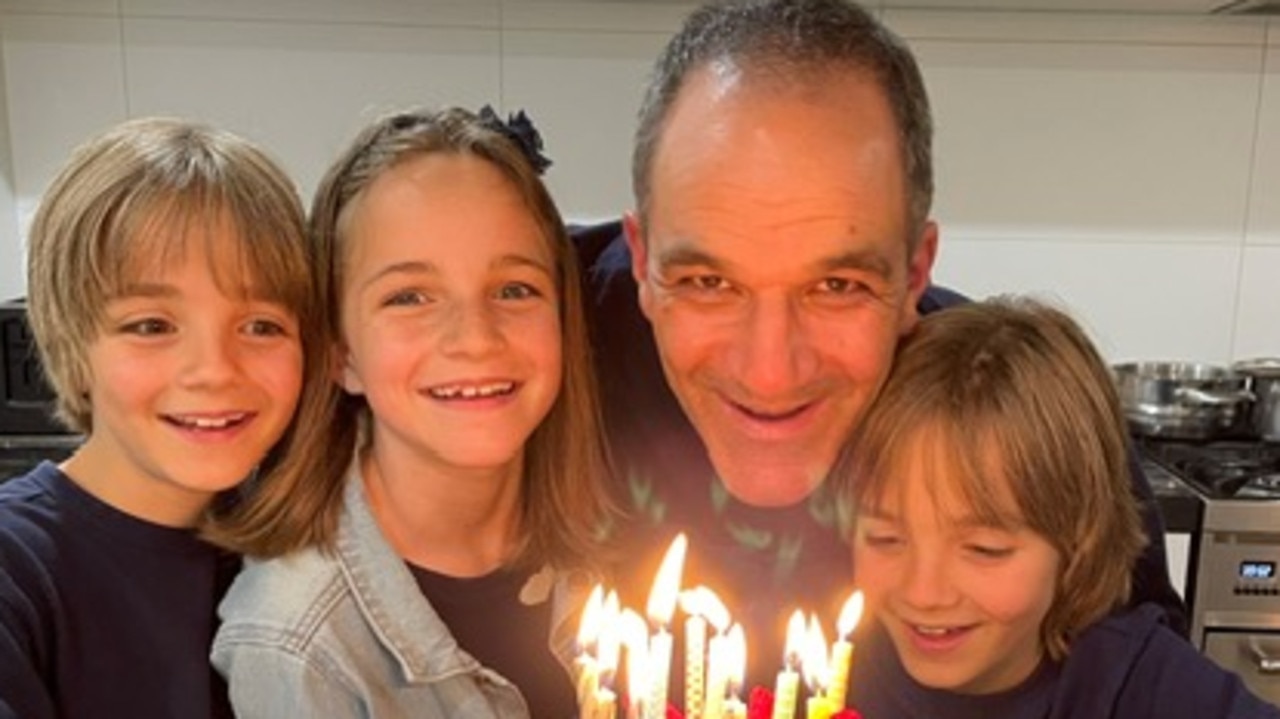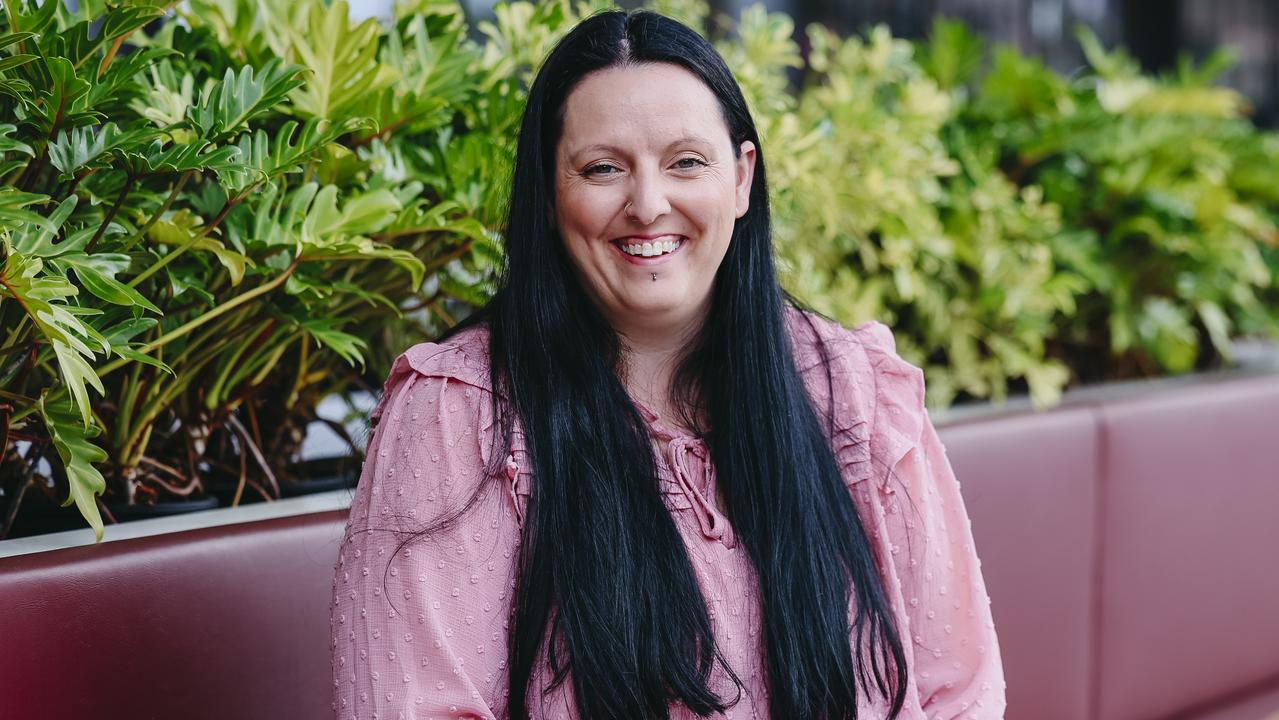‘Continuous grief’ abated by research breakthrough in MND treatment
A new method for researching motor neurone disease a ‘realistic hope’ for future sufferers of the incurable, untreatable disease.

An Australian breakthrough is set to advance the speed and accuracy of treatment testing for one of the most brutal genetic conditions, providing hope for a better future to a cohort resigned to certain death.
Melbourne’s Florey Institute has developed a world-leading method for testing potential motor neurone disease treatments. By collecting the stem cells of 100 MND patients, modelling those cells on motor neurons and then determining how to induce the disease in those cells, researchers can test new drugs en masse.
Not only does the study provide quicker results, it also provides the most accurate model for testing, second only to human trials.
“It’s not just speed that we’ve got to look at. Speed is one thing … Velocity is speed in the right direction and that’s why I’m so excited about what’s happening today,” MND sufferer Phil Camden said. “As someone living with motor neurone disease, I believe that testing drugs for viability before they become human trials eliminates the discomfort of failed trials and provides a more realistic hope for those that pass this preliminary phase.”
MND is a degenerative condition which can be heritable or sporadic, meaning there is seemingly no pattern to it manifesting. The average lifespan following diagnosis is 27 months. It kills two Australians a day.
Mr Camden, who has sporadic MND, has been living with the disease since 2013.
While confined to a wheelchair he has maintained his cognition through more than a decade of degeneration.
“You tend to grieve continuously because of the loss of more and more of the strength that you had,” he said.
“I’ve seen a lot of people die very quickly from this disease. I think I’ve learned to take every day and live in the present … smell the roses, taste the strawberries.”
Because of the rate at which MND develops, most stem cell donors to the Florey study will likely never see its rewards. The study received its initial funding through the charity FightMND and is now bankrolled by the Medical Research Future Fund, with federal Health Minister Mark Butler announcing a $5m injection.
Head researcher Chris Bye said Florey would begin by testing drugs already approved by the Therapeutic Goods Administration in hopes of finding a treatment that could be trialled as soon as possible.
“There’s a huge amount of pressure to make the money that we’re given work as efficiently and as quickly as possible, because these people don’t have time,” Dr Bye said.
“We’re starting with already approved drugs … so they can get into a clinical trial more quickly. They may not be the best treatment, but if something works, it makes sense to start with those, and then we’ll just keep searching for more novel, different drugs.”
MND has been persistently untreatable, with more than 200 drugs reaching trial in the past 25 years, none of which was found to be effective.




